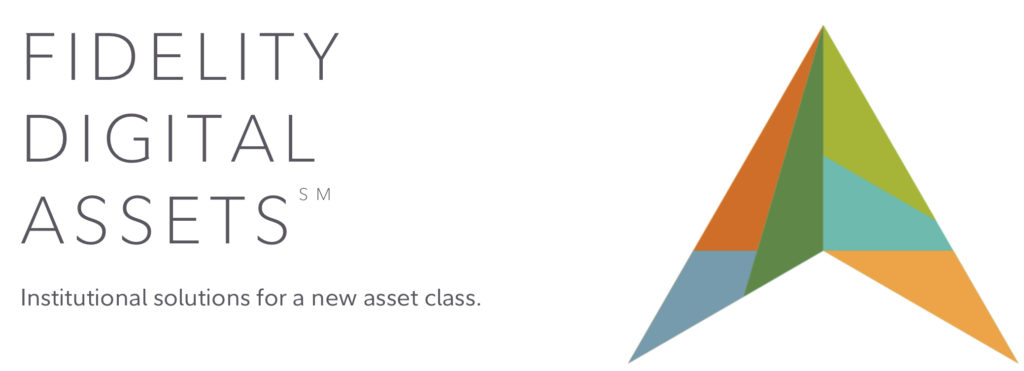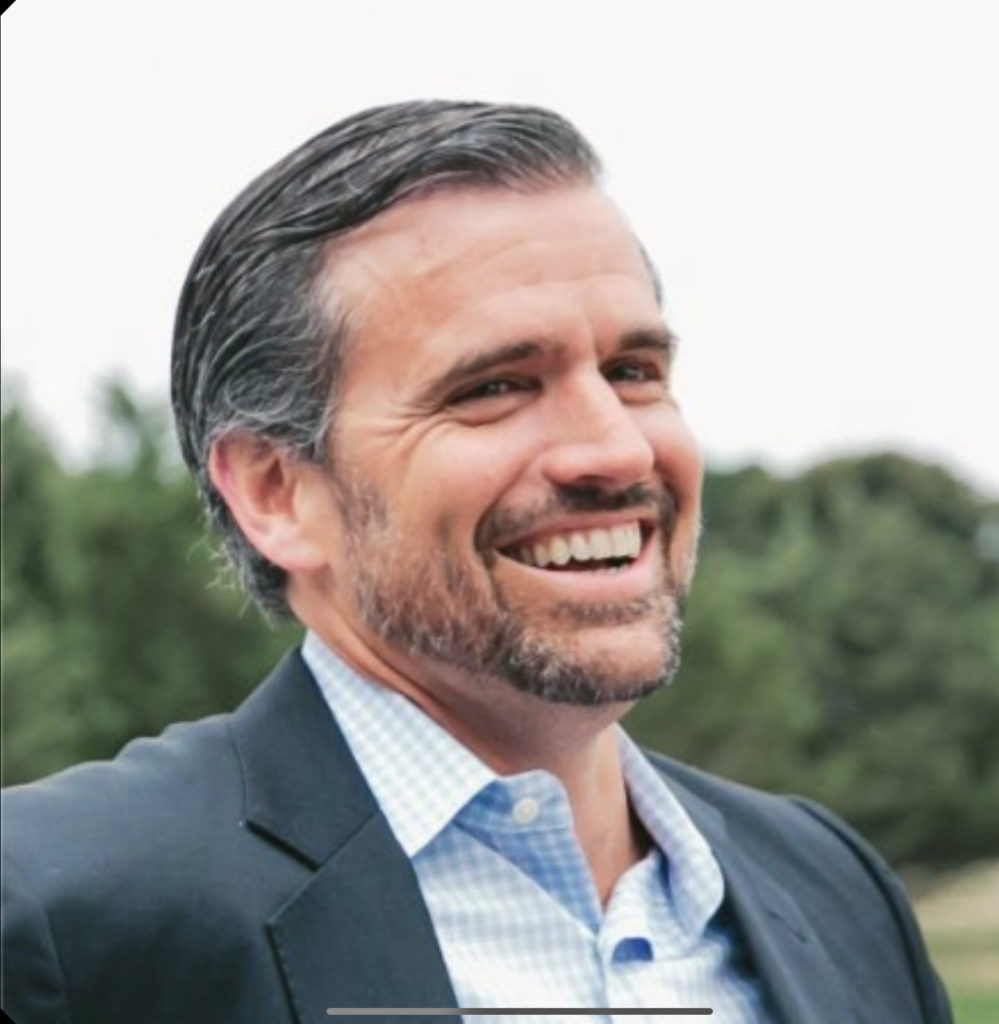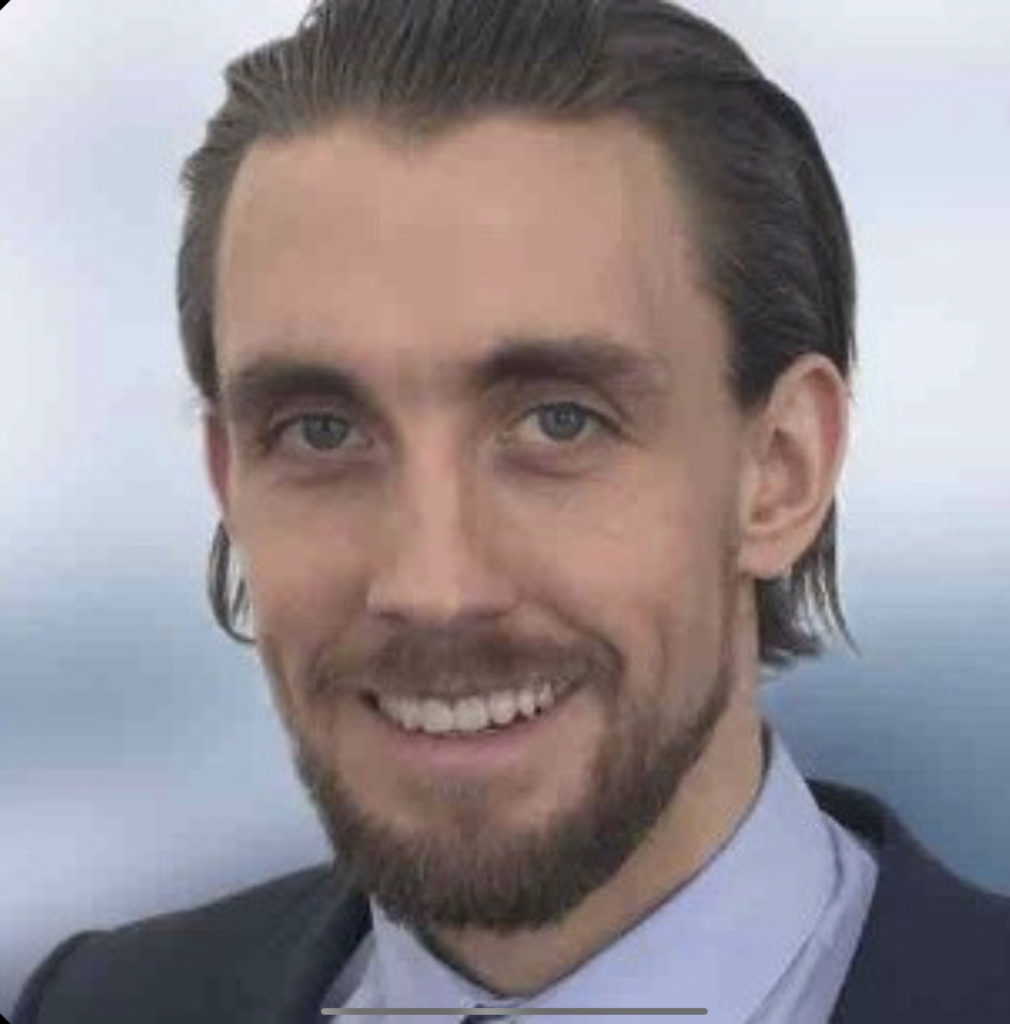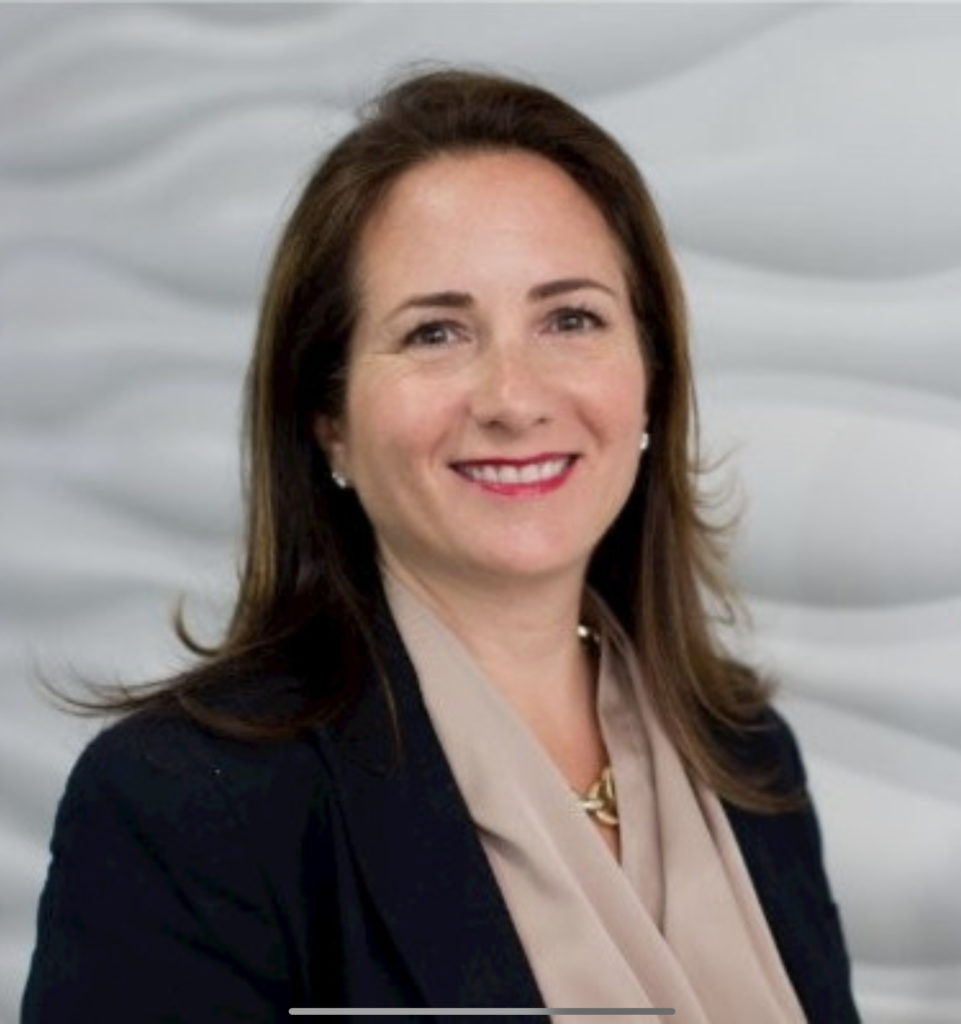
Fidelity in late 2018 announced and this quarter launched Fidelity Digital Assets (FDA), a cryptocurrency trading and custody platform, stating it envisions a “future where all types of assets are issued natively on blockchains or represented in tokenized format. It all begins with a full-service, enterprise-grade platform for securing, trading, and servicing investments in digital assets”.
Fidelity Investments is a financial service provider and investment manager with globally over $7.2 trillion in assets under administration and over 1.3 million trades processed each day.
It described FDA as “the first step towards a long-term vision to create a full-service enterprise-grade platform for storing, trading, and servicing eligible digital assets.” Built with the same standards as the rest of Fidelity, FDA incorporates the unique capabilities of blockchain technology to offer something new to institutional investors.
Tom Jessop, who joined Fidelity in 2018 as Head of Corporate Business Development from S&P and Goldman Sachs, is the President of Fidelity Digital Assets.

Last month, the firm hired Chris Tyrer (in London), the former Managing Director and Head of Digital Assets for Barclays to join the Digital Assets Leadership team.

Fidelity in April 2019 also hired Christine Sandler (in New York) as Head of Sales and Marketing for FDA. Christine joined from Coinbase and, prior, Barclays as well.

This month Fidelity Investments published a survey of over 400 U.S. institutional investors saying digital assets are likely to increase in the next five years.
Main findings of the survey include:
- 47% view digital assets as having a place in their investment portfolios
- 22% of institutional investors already have digital asset exposure
- 72% prefer to buy investment products that hold digital assets
- 57% prefer to buy crypto assets directly
- 57% prefer to buy an investment product that holds digital asset companies
“We’ve seen a maturation of interest in digital assets from early adopters, like crypto hedge funds, to traditional institutional investors like family offices and endowments,” said Tom Jessop in a press release.
